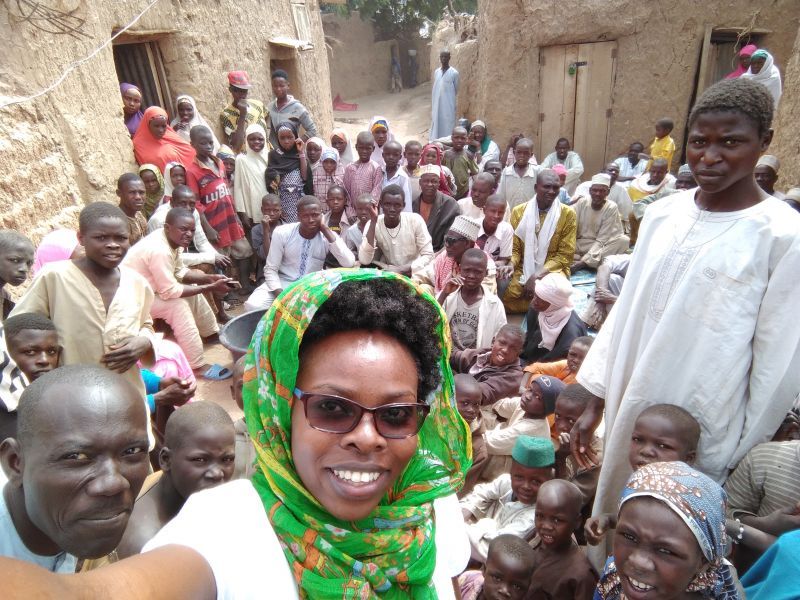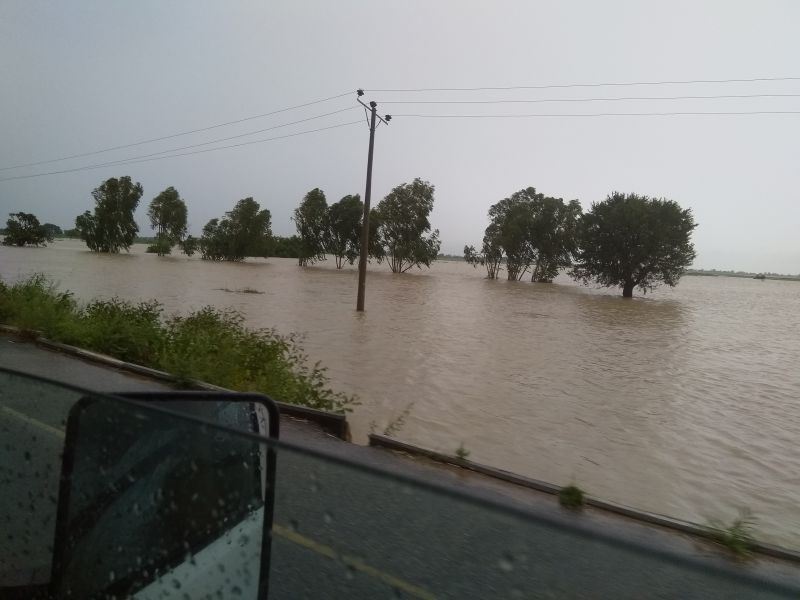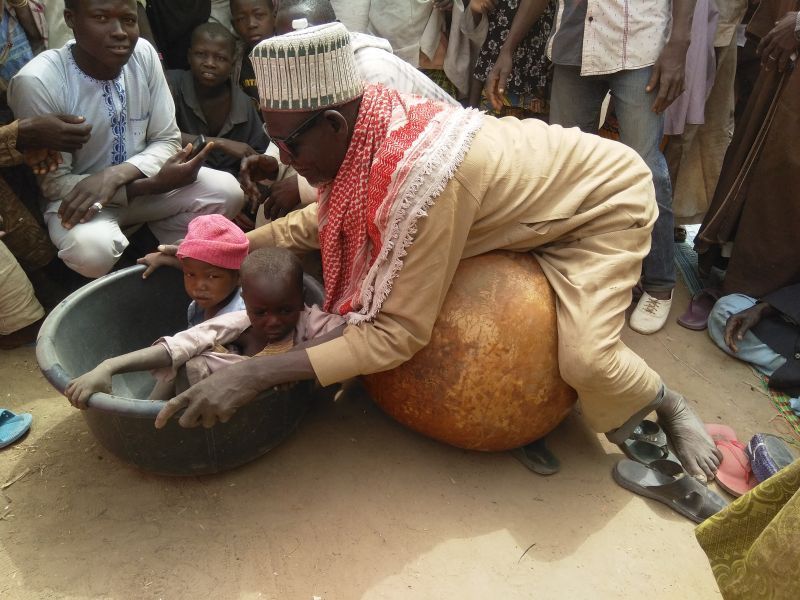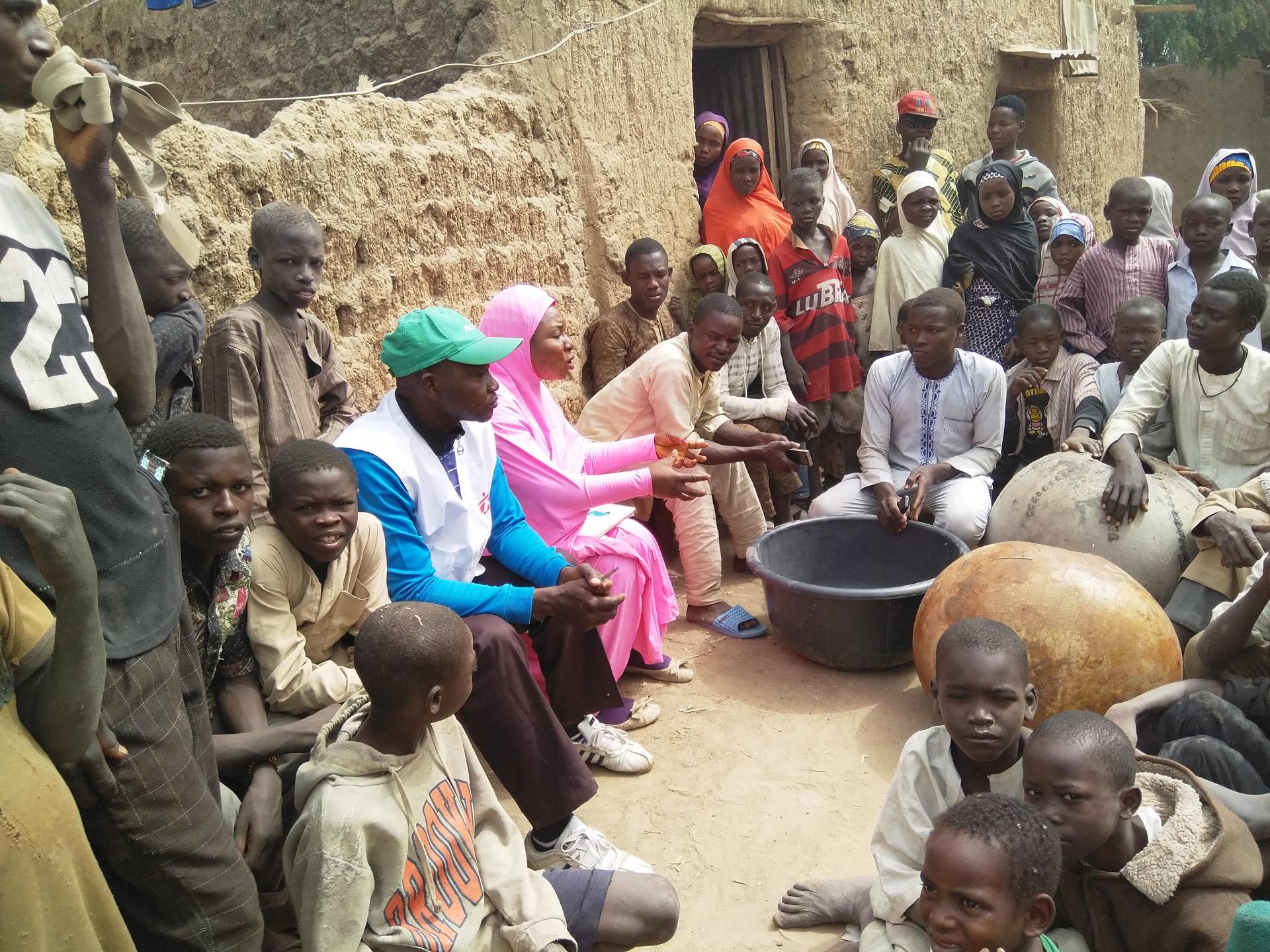Judith Elavian is a Doctors Without Borders (MSF) nurse, who recently returned after working in Nigeria for nine months in a project delivering sexual reproductive health services in the northern Jigawa state. This is a story of the day she learned that in Nigeria, a calabash is not just for drinking water as it is in her home country of Kenya.
Working in the small village of Jahun in Jigawa state, Nigeria, as an outreach activity nurse, Judith’s tasks included going out into communities to encourage both men and women to make use of the services provided at clinics nearest to them. This saw her working on awareness raising, health promotion as well as providing training and support to staff in other facilities around the region, in order to reduce the number of referrals to the general hospital to avoid overcrowding.

One sunny day, the outreach team visited one of the communities in Jagawa state, hoping to speak primarily to the men in the area with the aim of talking to them about the importance of encouraging the women to go to the clinics and receive the necessary reproductive health services, including family planning, maternal support and contraceptives.
To their surprise, an overwhelming number of men showed great interest and came to listen. On this day, Judith had forgotten her water bottle which she always carries with to outreach visits, and very soon she became thirsty.
“The first thing I noticed upon arrival was a brown, round calabash. Back home in Kenya we use it to keep water cold. I asked to have a glass of the cold water from the calabash and after my message was translated to the men, I heard chuckles and more laughter,” says Judith. “I was confused and asked why they were laughing at me...”

It turned out that the laughter was because the calabash she was asking to drink refreshing water from was not for that purpose at all - but rather to deal with a more deadlier aspect of water. People in this community literally use the calabash as a life-saving utensil. During rainy seasons when floods occur frequently, this calabash doubles as a floatation device used to navigate the floodwaters when people need to get to hospitals or reach the outside world.
“The village is situated in a paddy area and when it rains, it quickly gets flooded. During the rainy season, we witnessed around up to three maternal deaths monthly due to floods that make it increasingly difficult for people to travel or reach health care facilities nearby," a community leader explained to Judith.
“During this period, it is the children who always benefit from the calabash when they get sick and need to be taken to the hospital. They’ll be put inside the basin as the adult wades through the water and pushes the calabash forward."

This year, however, they are very happy that MSF has supported a facility nearer to them where they can easily access maternal healthcare - yet the seasonal flooding will still make it an arduous journey for the mothers to reach the clinics.
“I have hope that someday we shall overcome these challenges in communities...maybe by inventing a bigger and better calabash for the women as a continent, kadang kadang (slowly by slowly),” says Judith.
find out more about MSF's work in Nigeria.
